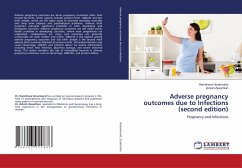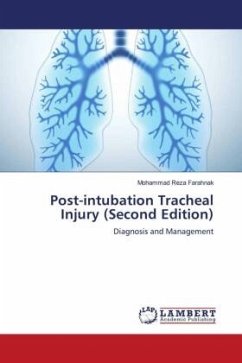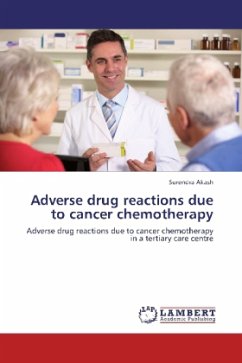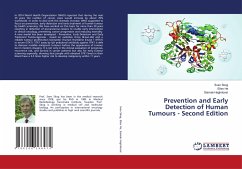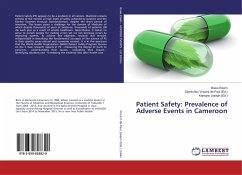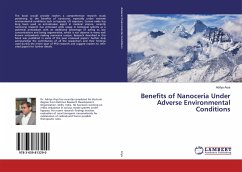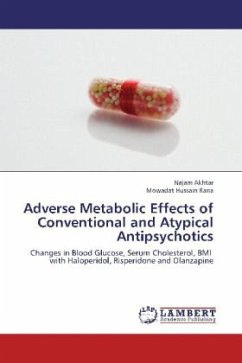Adverse pregnancy outcomes are those pregnancy outcomes other than normal live birth, which majorly includes preterm birth, stillbirth and low birth weight, which are the major cause of neonatal morbidity, mortality and long term physical and psychological problems. Adverse birth outcomes represent significant problems in both developing and developed countries. Adverse pregnancy outcomes are still major public health problems in developing countries, where most pregnancies are unplanned, complications are many and outcomes are generally unfavorable for both mother and infant. Stillbirth is the highest among adverse pregnancy outcomes and low birth weight is the second most adverse birth outcome followed by preterm birth. Untreated infection may cause miscarriage, stillbirth and preterm labour by several mechanisms, including direct fetal infection, placental damage, and severe maternal illness. This review considers the role of intracellular bacteria in adverse pregnancy outcomes, such as miscarriage, stillbirths, and preterm labour.
Bitte wählen Sie Ihr Anliegen aus.
Rechnungen
Retourenschein anfordern
Bestellstatus
Storno

